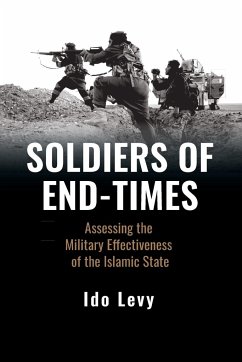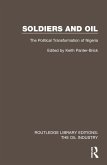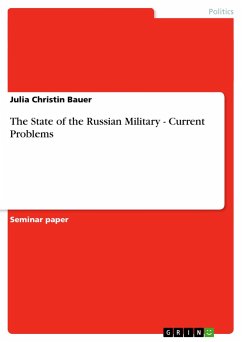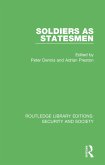In 2014, the Islamic State shocked the world when it defeated national armies on the battlefield and seized large swaths of territory in Iraq and Syria. The group's military success can be traced to four key variables: organizational innovation, shaping operations, will to fight, and a knack for retaining the initiative. The IS military project led not only to the declaration of a "caliphate," but to the proliferation of jihadist franchises that devastated countries, displaced millions, and killed tens of thousands. Yet the group's weaknesses ultimately led to the collapse of its territorial achievement. Expert Ido Levy begins this pioneering study by surveying jihadist warfare from the 1970s to the present. He then incorporates primary sources and interviews with military officers, experts, and journalists to explain how IS used conventional military capabilities to defeat larger, better-equipped state armies and conquer land in Syria, Iraq, Libya, the Philippines, and Nigeria. Anchored by four case studies-Ramadi, Kobane, Mosul, and Baghuz-the volume illuminates potential strategies to prevent a resurgence by IS or similar groups.
Hinweis: Dieser Artikel kann nur an eine deutsche Lieferadresse ausgeliefert werden.
Hinweis: Dieser Artikel kann nur an eine deutsche Lieferadresse ausgeliefert werden.








